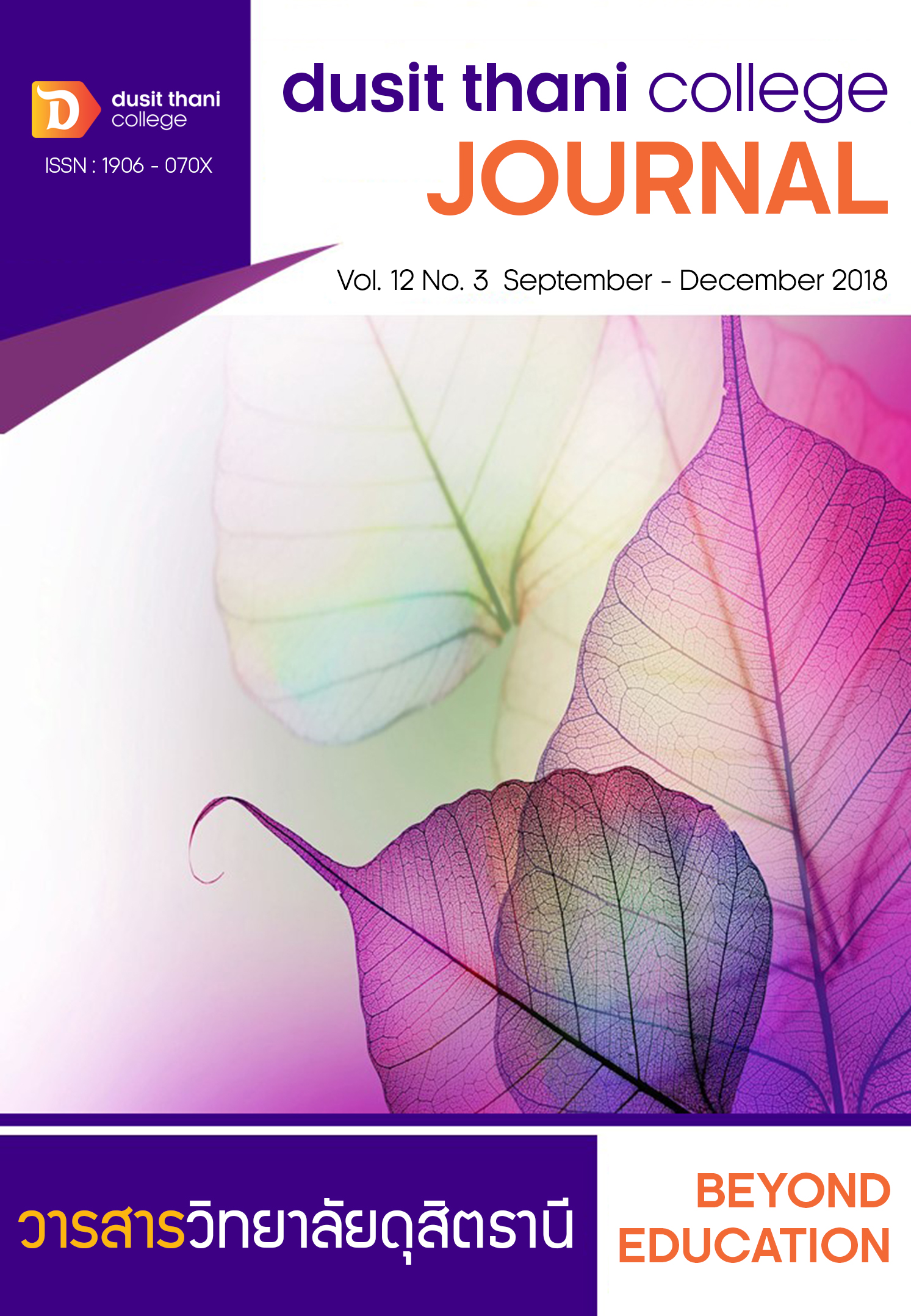Guidelines for the Promotion of Teaching Behaviors of Teachers at Basic Education Level Towards Developing Student Learning Achievement
Main Article Content
Abstract
This research aimed to 1) study the status and problems in supporting the teaching behaviors of teachers at basic education level towards developing of learning achievement and 2) study guidelines for the promotion of teaching behaviors of teachers at basic education level towards developing of learning achievement. The research instruments included 1) the research quality evaluation form, 2) the form of attribute research, 3) the outstanding teachers’ behavioral observation form, and 4) the questionnaire on students’, teachers’, and stakeholders’ opinions about the teaching behaviors of teachers towards developing of learning achievement. The data was analyzed by using the frequency, percentage, mean, standard deviation, meta analysis, and content analysis.
The results showed that 1) the status and the problems in promoting the teaching behaviors of teachers towards developing of learning achievement showed that in the policy and the support by stakeholders aspect: the educational policy has changed often so the teachers could not adjust themselves to follow the changes, the teacher development emphasized on the academic rather than the spirit of teacher. In the administrative management aspect: the teachers in the elementary and secondary levels in the educational opportunity expanding schools were assigned to teach the subjects that were not their expertises. Additionally, the teachers had other tasks besides their teaching. In the curriculum and instruction aspect: the curriculum focused more on content than the process skills, too many standards and indicators, complicated and difficult to use. The teacher aspect: the teachers lacked of teaching techniques/ teaching methods so they taught as what they get used to. In addition, the teachers lacked an understanding of curriculum contents so they taught inaccurately. In student aspect: students had different background of education and learning readiness, family problems, and pay more interest in the media for the entertainment instead of education. 2) guidelines for the promotion of teaching behaviors of teachers at basic education level towards developing of learning achievement in the teacher attribute aspects and teaching aspect: the department at the policy level should establish the policy, standard of teacher tasks, the teacher ethics, and the clear, appropriate, and usable measurement. In addition, they should allocate budget to encourage and support teachers to improve themselves in teaching and ethics. Also the elite teachers should be supported and praised. The department at the service area level should concentrate on policies and measurement to practices, set up the systems and the strategies in developing teachers, create the event to provide knowledge and teaching skills, monitor each process until it is success, set up the systems and strategies for supervision, create the community of professional teachers. The department at the educational sectors: the administrators should have the academic leadership, administer with no corruption and fairness, promote and support teachers’ progress in career path, enhance the organizational culture to be a learning community and help each other, encourage and support teachers in teaching.
Article Details
Article Screening Policy
- All research and academic articles to be published must be considered and screened by three peer reviews in the relevant field / article.
- All articles, texts, illustrations and tables published in the journal are the personal opinions of the authors. Editors don't always have to agree. And no responsibility whatsoever is the sole responsibility of the author.
- The articles to be published must never be published. Where did you first publish? And not in the consideration of other journals If the audit found that there has been a duplicate publication It is the sole responsibility of the author.
- Any article that the reader sees as being plagiarized or impersonated without reference. Or mislead the work of the author Please let the journal editor know it will be your greatest blessing.
References
Chatchawan printing. (in Thai)
2. Dachakupt, P. (2001). Concepts and guidelines in secondary teachers for educational reform. Bangkok: Faculty of education, Chulalongkorn university. (in Thai)
3. Panich, V. (2012). Ways of constructing learning for students in 21st century. Bangkok:
Sodsri-Saridwongso Foundation. (in Thai)
4. Chiengkul, W. (2009). Adolescent psychology: cross over problems and develop positive potential. Bangkok: Saitarn publisher. (in Thai)
5. Chittmittrapap, S. (2010). Changing the world of learning in 21st century and developing though professional teacher of Professional and Organizational Development Network of Thailand Higher Education. Bangkok: Office of the Higher Education Commission, Ministry of Education. (in Thai)
6. Wisalaporn, S. et al. (2002). Model of network in teachers and education personnels
Development on National Education Act B.E. 2542. Bangkok: Office of the Teacher
and Education Personnel Commission. (in Thai)
7. Office of the Education Council. (2007). Synthesis of conditions and factors on education quality in Thailand. Bangkok: VTC Communication. (in Thai)
8. ----------------. (2009). States problems and solutions in instruction on developing student quality in basic education level. Bangkok: VTC Communication. (in Thai)
9. Prapaitrakul, A. (2000). Supervisory needs of professional experiences of student teachers in Faculty of Education, Chulalongkorn university. Bangkok: Chulalongkorn university. (in Thai)
10. Day, C. and J. Sachs. 2004. Professionalism, performativity, and empowerment: Discourses in the politics, policies, and purposes of continuing professional development. International handbook on the continuing professional development of teachers. Maidenhead UK: Open University Press.
11. Glickman, C.D., S.P. Gordon, and J.M. Ross-Gordon. 2004. Supervision and Instructional
Leadership: A Developmental Approach. 6th ed. Boston: Allyn and Bacon, Inc.
12. The Training and Development Agency for Schools [TDA]. 2007. Training and
Development Agency for Schools PPD Impact Evaluation Report (Online). http://dera.ioe.ac.uk/8908/1/ppd_impact_rep_mar_07.pdf
13. UNESCO. 2003. Teacher Professional Development: An International Review of the
Literature. Available from www.unesco.org/iiep


